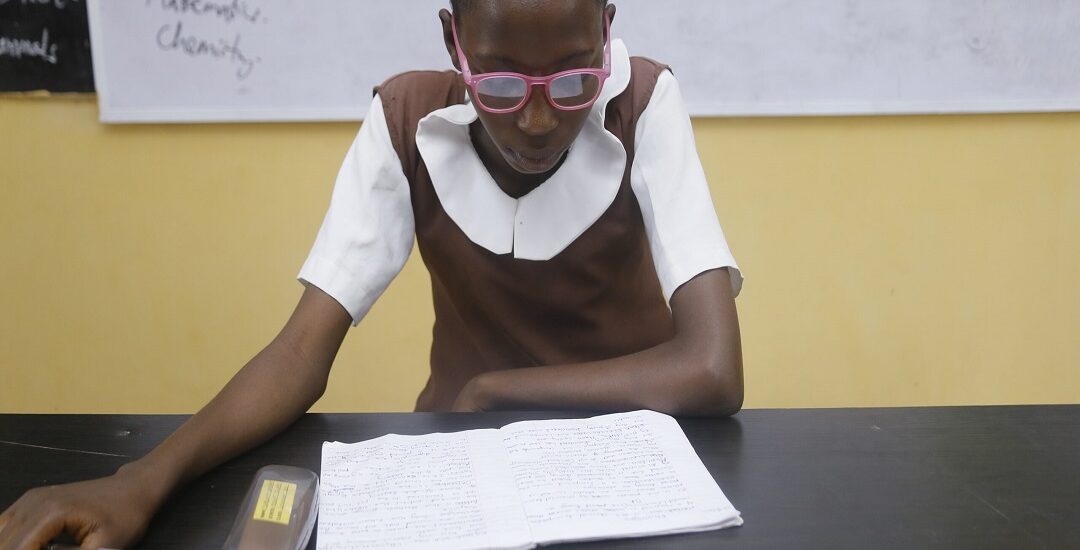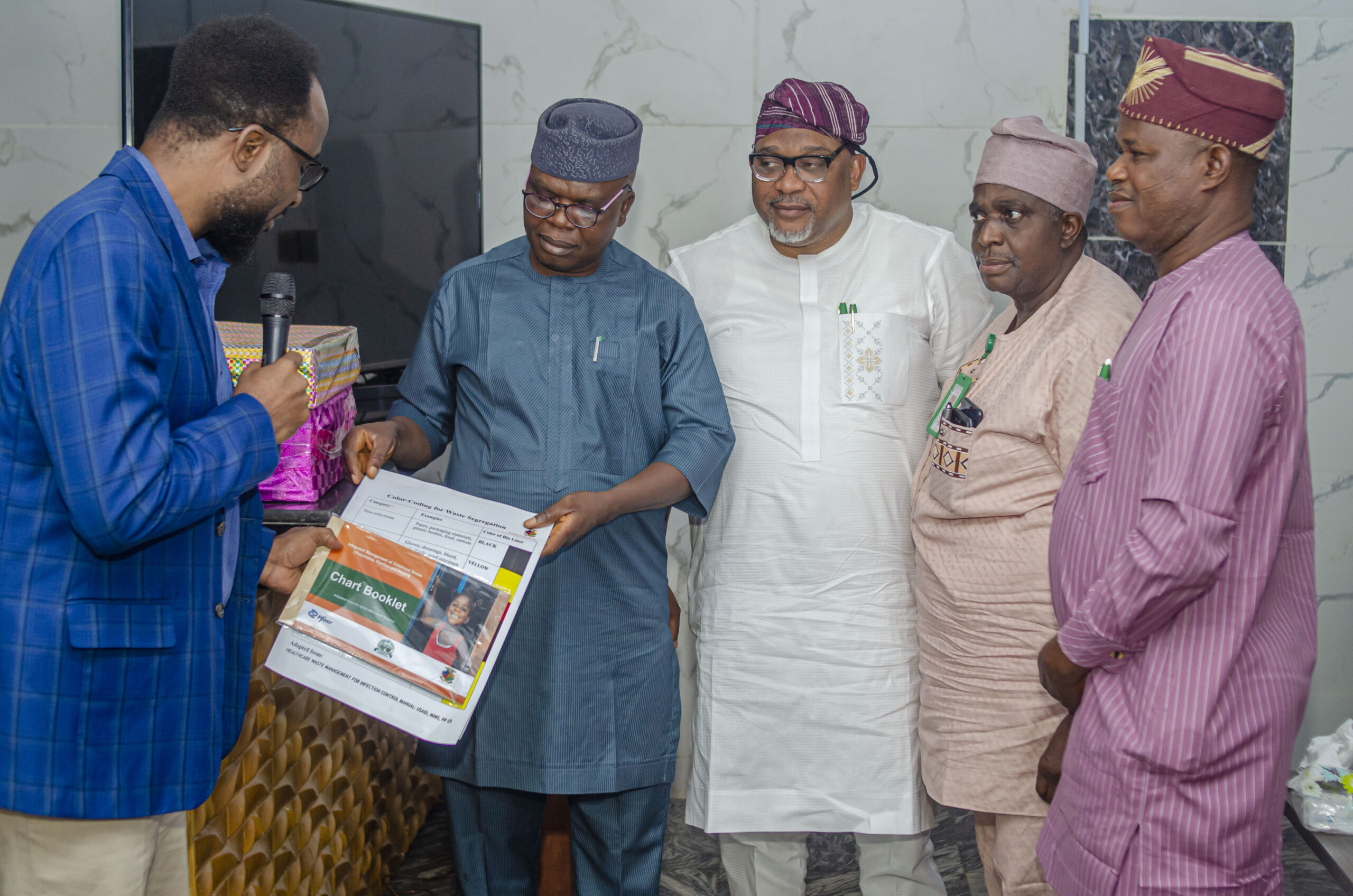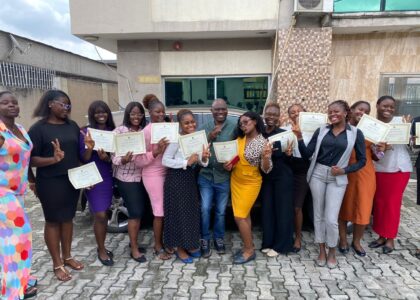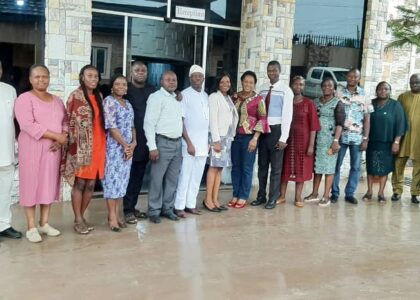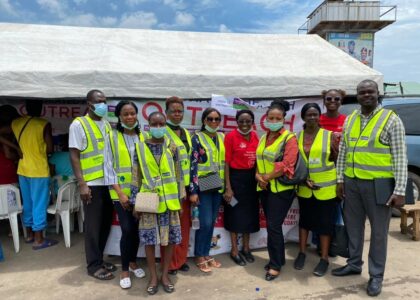Equitable Health Access Initiative (EHAI) has successfully implemented the Integrated School and Community Eye Health (I-SCEH) project in Oyo State, South West Nigeria. The project, which was supported by the USAID Childhood Blindness Program (CBP), aimed to improve access to quality eye care services for vulnerable children in Oyo State by integrating sight-saving services into the community, school health, and primary healthcare systems.
The I-SCEH project was implemented in four local government areas (LGAs) in Oyo State namely Akinyele, Ibadan North, Ibadan South-East, and Ibadan South-West.
In these LGAs (Akinyele, Ibadan North, Ibadan Southwest, Ibadan SouthEast) 52, 40, 31 and 38 schools were engaged respectively, and some primary healthcare centers. Out of the schools, 50 are primary schools and 111 are secondary schools.
Upon the conclusion of the project, EHAI organized a dissemination meeting with the Ministry of Health, Ministry of Education, the Local Implementing Entities (LIEs), state officers of Oyo State, and other relevant stakeholders. The Head of Technical Programs, Dr. Adeola Olatoun, presented the progress of the project from its inception, the final update upon its completion, and thanked all relevant stakeholders in the state that aided the implementation of the project.
Dr. Adeyanju Alaruru, the Permanent Secretary of the Ministry of Health, commended EHAI for their excellence in the delivery of the project and stated that the organization had created awareness on preventable vision disorders that can be detected in children at an early stage. The Director for Public Health, Dr. Olubunmi Ayinde and the Director for Hospital’s Health Monitoring, Dr. Oyewole Lawal, and, also lauded EHAI’s efforts in combating child blindness in the state.
During the presentation, it was revealed that children from 161 schools were screened (primary, secondary, private, and public), with a total of 75,537 children screened. Of the total number of children screened, 12% were from private schools while 88% were from public schools. 806 children from primary schools received corrective glasses, and 4,992 children from secondary school received glasses. In total, about 68.25% were females who received glasses.
EHAI Nigeria also donated three (3) Retinoscopes to the State Ministry of Health to enable them to carry out eye detection exercises. The LIEs requested that EHAI use the database gathered from the CBP project to pursue other grants for Oyo State. They also pleaded that EHAI through USAID/CBP consider other local government areas that were not covered in the project and share the database of children identified with other eye defects with the Ministry of Health.



In conclusion, the I-SCEH project successfully achieved its primary objective of improving access to quality eye care services for vulnerable children in Oyo State. EHAI’s collaborative efforts with the Ministry of Health, Ministry of Education, and the LIEs have created a sustainable model that could be replicated in other parts of the country.


